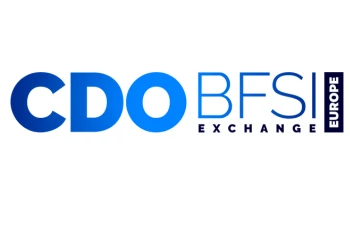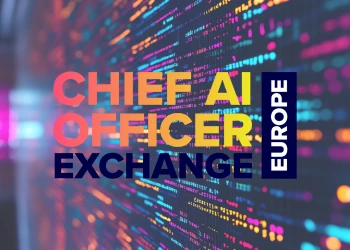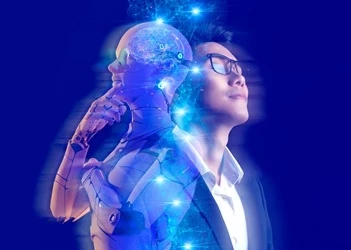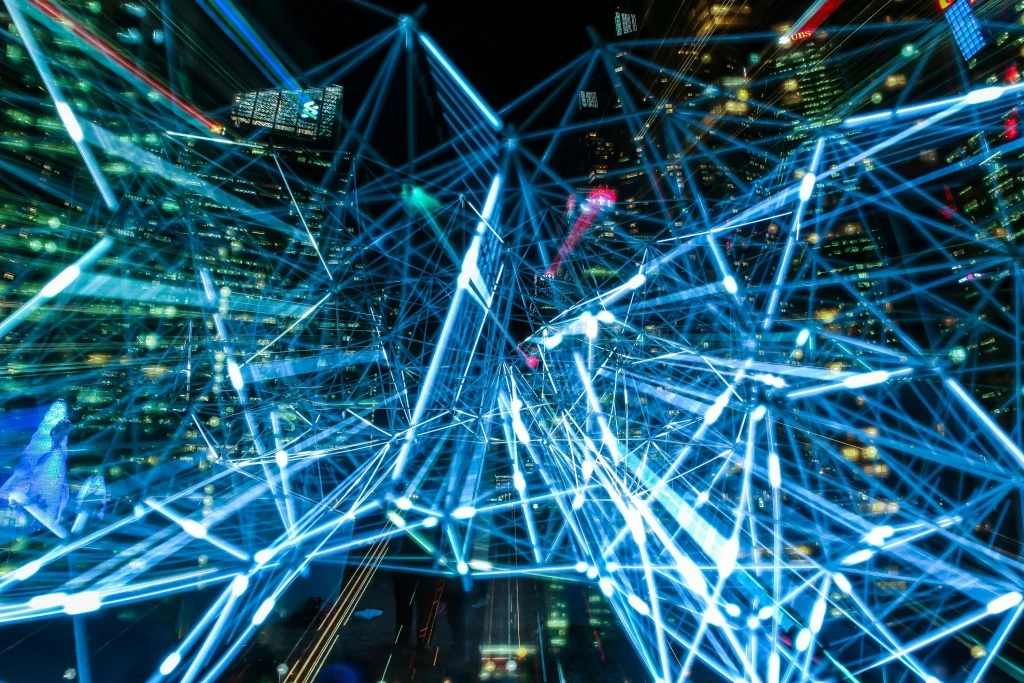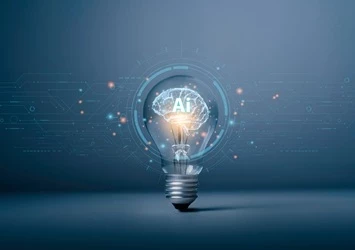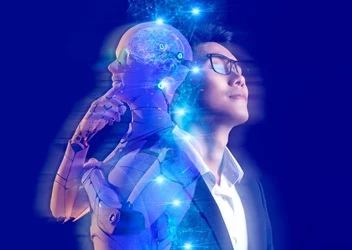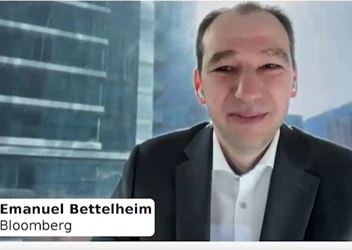Google I/O 2022 Roundup
Add bookmark
Last week saw the return of Google I/O, the first time the company’s Artificial Intelligence event has been conducted in-person since the Covid pandemic.
Among the many reveals of how the company is looking to change the future, the announcement saw the addition of 24 new languages to Google Translate – the giant’s translation service – including the first indigenous language of the Americas. In the announcement, the company said the aim was to aid “languages with very large but underserved populations.”
One of the most exciting announcements was the teased resurgence of the failed Google Glass experiment. Back in the early 2010s when the Glass was first announced, the general consensus was that the hardware just wasn’t ready and that, generally, there wasn’t a particular purpose as to why the product existed. Unlike last time, when the Glass was viewed as a multifunctional pair of glasses that would interact with all facests of digital life, this time around the new product will have the sole purpose of translating languages in real time via Augmented Reality (AR).
It remains to be seen if this ever comes to market, but a more streamlined product that leverages Google’s ever growing translation capabilities was one of the most intriguing announcements of the event.
One other AR feature announced was Google’s Scene Exploration feature, which would give extra detail about objects viewed via a phone's camera. The feature then allows the user to filter their results. Most generally, this machine learning based feature allows for easier shopping, as well as providing information in real time about allergies, calories, and whatever other information may be deemed of interest.
Other hardware announcements included the return of Android tablets and Google’s first ever smart watch. While little was divulged in terms of technology, it is expected to be released later this year.
In terms of 3D mapping, Google announced it has used machine learning to blend billions of aerial and street level images to create a new immersive view on Google Maps. Computer vision has also been used to dramatically increase the number of businesses on Google Maps in Africa as buildings are analyzed at scale.
One of the biggest announcements was the TLDR (Too Long Didn’t Read) feature called Summarisation on Google Docs, which summarizes documents automatically in order to produce a bite size version of the text in question.
In addressing algorithmic bias, Google announced the Monk Skin Code Scale, which allows another level of customization to search and refine it based on skin tones.
And when it came to data privacy, it was announced that a collection of tools dubbed Protected Computing would transform how, when and where data is processed. Soon, if you find search results that show your contact details, you can have them removed from Google Search.
The company also announced the launch of ‘Virtual Cards’ – wherein the Chrome browser would offer users the ability to set up a virtual credit card number in online payment forms on the web. These virtual card numbers allow people to keep their real numbers safe and can also be revoked if a vendor’s system is hacked and the customer data leaked.
Google Assistant also got an update, with the introduction of ‘Look and Ask’ feature that allows easily initiated conversations with the AI-powered assistant at a glance. The company also announced that it is working on a new version of its conversational AI model, LaMDA 2, which users will be able to try out using an app called AI Test Kitchen.
And finally, came the announcement of the opening up of Android 13 Beta 2 to developers so theycan start getting their apps ready for the latest features, like the new notification permission, photo picker, and improved permissions for pairing with nearby devices and accessing media files.
You can watch the entirety of the event online now.


